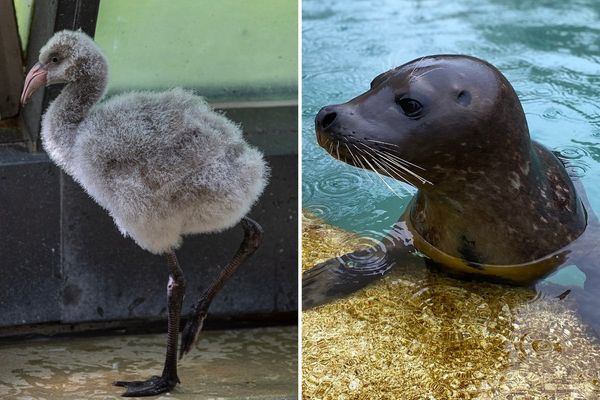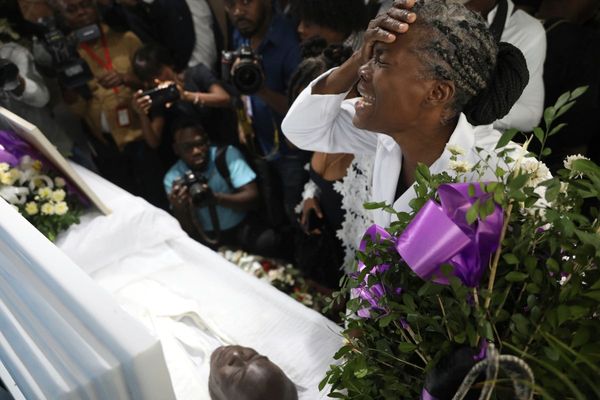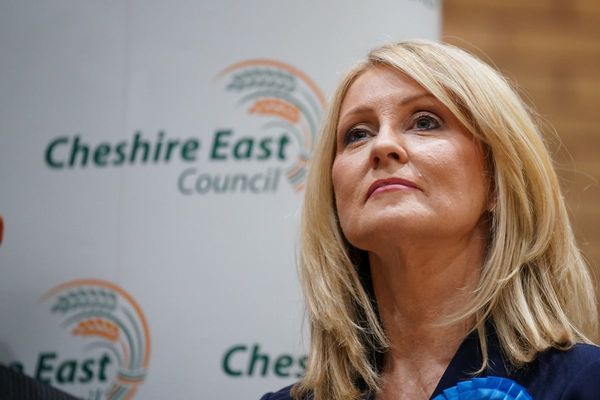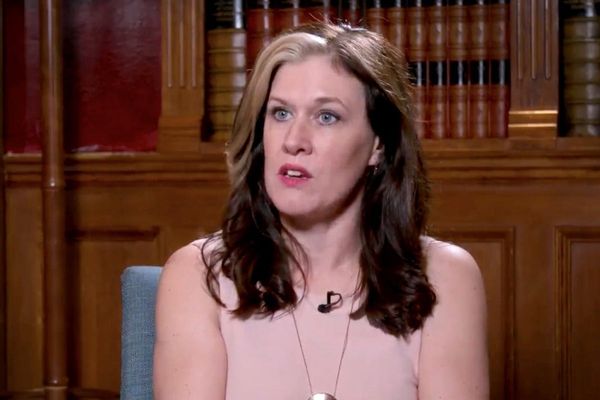Once upon a time, back when I used to run for reasons other than getting out of a rainstorm, I had a phrase for jogs that did not go well.
Most did not go well.
"It's better than sitting on the couch, eating potato chips," I would tell myself.
The same phrase comes to mind when I think about what sports could look like as they work toward their return from the all-sports shutdown required to contain the coronavirus pandemic.
Sports fans across the country are sitting on their couch, eating potato chips.
I think most of us will agree that something to watch would be better than nothing.
It doesn't make you a bad person to think that. It doesn't mean you don't value public health. It doesn't mean you don't care about the well-being of professional athletes.
Just ask the country's most famous Washington Nationals fan, Dr. Anthony Fauci.
The good doctor is beginning to share some good news for sports fans.
It turns out Fauci, our nation's top infectious disease expert, is not the sports-hater some tried to make him out to be as the United States shuttered to get a better grip on the coronavirus pandemic.
Those who rushed to assume sports would be among the last businesses to relaunch are probably going to come out of this looking as shortsighted as those who figured sports as we knew them before would be back up and running by now.
This discussion has always revolved around the crowds. Fauci is beginning to see a path forward for sports _ if they do everything possible to limit crowds until such practices are no longer necessary.
The answer could mean no fans in attendance at first. It could mean athletes agreeing to regular testing and some dramatic lifestyle changes, like living in a secured and monitored hotel while not playing games. It could mean seasons look drastically different than anything we've witnessed before.
What players will agree to remains a very big unanswered question; they can't begin to answer until they see finalized plans. Another big question _ when could this start? _ is still to-be-determined. How college football tries to navigate this process will be truly fascinating, considering the debate about what can be asked of unpaid college athletes compared to traditional college students in an NCAA system that revolves around pretending it's not big business.
So, yes, there are still many things to sort through.
But hearing Fauci explain how he thinks it could work means a lot more than the opinion of any talking head on your favorite four-letter sports network.
"There's a way of doing that," Fauci said during a recent interview with Peter Hamby of SnapChat's Good Luck America. "Nobody comes to the stadium. Put (the athletes) in big hotels, wherever you want to play. Keep them very well surveilled. Have them tested, like every week. Make sure they don't wind up infecting each other or their family. Let them play the season out. People say you can't play without spectators. Well, I think you probably get enough buy-in from people who are dying to see a baseball game. Particularly, me. Living in Washington, we have the world championship Nationals. I want to see them play again."
All along, listening to the health experts has been the best plan.
Fauci seeing a light at the end of the tunnel for sports is a great sign.
Our collective on-the-couch chip eating could be more entertaining in the relatively near future.







